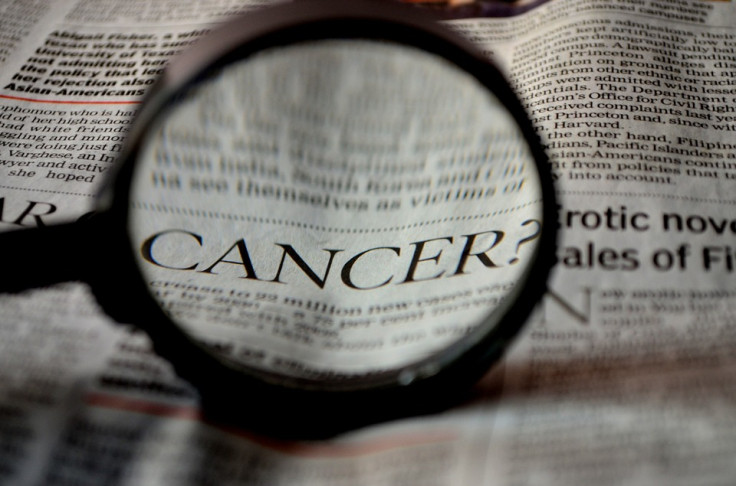Scientists Discover Mechanism That Destroys 99% of Cancer Cells
The experiment was carried out on lab-grown cells and mice.

A new study by experts from Rice University, Texas A&M University, and the University of Texas may have just found a way to cure cancer.
They have discovered a mechanism that can kill cancer cells. They have been able to identify a molecule that can kill or rupture the membrane of cancer cells.
According to the study, when the atoms of aminocyanine are hit with near-infrared light, they form something called a plasmon by vibrating in unison and eventually end up causing cancer cells' membranes to rupture.
Aminocyanine is a form of dye that is used for medical imaging. The method reportedly has 99 per cent efficiency against human melanoma cells.
"They are more than one million times faster in their mechanical motion than the former Feringa-type motors, and they can be activated with near-infrared light rather than visible light," said chemist James Tour from Rice University.
"It is a whole new generation of molecular machines that we call molecular jackhammers," he added.
The experiment was carried out on lab-grown cells. It was also used in mice with melanoma tumours. Half of the mice eventually became cancer-free following the experiment.
However, the scientists said that even though the initial findings of the research are very promising, more needs to be done to be able to use it on humans. Its findings have been published in the Nature Chemistry journal.
The big picture:
Scientists the world over have been trying to look for a cure for the deadly disease that claims thousands of lives every year, not just in the UK but in other countries as well.
It has been reported that breast cancer is the most common form of cancer in Britain, with around 47,000 people being diagnosed with the disease each year in England alone.
It has also been estimated that every year, around 56,000 women are diagnosed with the disease in the UK—around 150 women a day. Some 400 men in the UK are also diagnosed with breast cancer each year.
According to a study by a team from the University of Edinburgh and the Zhejiang University School of Medicine in China, cancer cases among young people have increased by 79 per cent the world over.
The scientists analysed data from the Global Burden of Disease 2019 Study for the analysis and attributed the increase to obesity and alcohol consumption.
Diets high in meat, smoking, low physical activity, and high blood sugar have also been responsible for the increase in cancer cases.
The study added that North America, Australasia, and Western Europe had the highest rates of early-onset cancers.
© Copyright IBTimes 2025. All rights reserved.






















